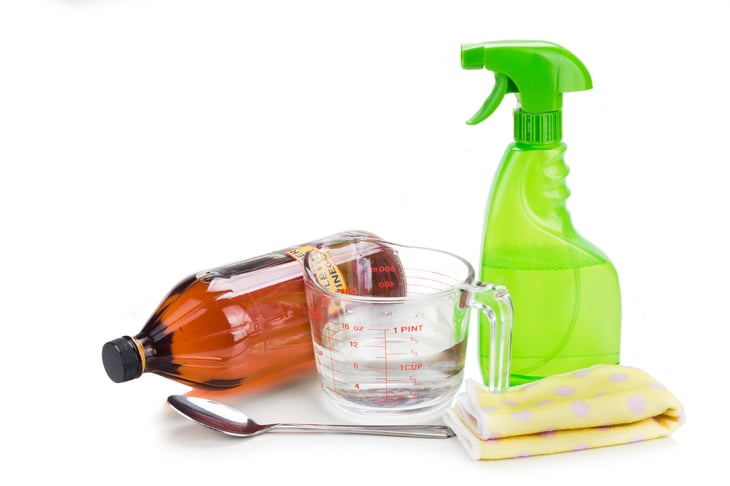
It seems that pet owners are always on the lookout for a safer, faster, cheaper, or more natural treatment for the things that ail their animals. Many old wives tales have been around for decades, and with the advent of the Internet, news of pet lotions, potions, and remedies spreads like wildfire.
We all want to do the right thing for our beloved family friends, and DIY pet remedies certainly have their place. Learn what you need to know about making sure anything that you choose to try for your pet is safe and effective.
Consider Your Source
When looking for information about how to treat your pet at home, it is important to consider who you are getting your information from. Take a minute to assess your source and ask some questions:
- What is this person’s background?
- Do they have any reason to be biased?
- Are they trying to sell something?
- Do they have any references or cite any scientific studies?
- Are there other people or websites that support the same claim?
You wouldn’t take medical advice for yourself from just anyone on the street, and it is important not to do so for your pet, either.
The Truth about Common DIY Pet Remedies
There are certainly some DIY pet remedies out there that are worth a second look, but frequently pet owners stumble on some common ones that just don’t work. Be sure to avoid these so that you don’t waste your time and effort.
Garlic for fleas – There is a common notion that feeding your pet garlic can ward off fleas. Not only is there absolutely no scientific basis to this, but garlic can also be toxic even in small doses. The only thing garlic is going to do effectively is ward off the occasional vampire.
Apple cider vinegar to cure [insert disease here] – In recent years apple cider vinegar has been claimed to do everything from curing cancer to fixing allergy issues. While apple cider vinegar certainly has some positive effects, it is not known to be a cure for anything.
Food allergy testing – If you scour the web, you will stumble on some sites that claim to be able to test your pet via blood, saliva, or other means for food allergies. There is no way to test for food allergies short of a strict hypoallergenic food trial. Don’t waste your money.
Feeding cow’s milk – Many times people will give milk to a stray cat or a pet with an upset stomach. Unfortunately, pets are lactose intolerant and milk can often cause diarrhea and stomach upset.
Be sure to thoroughly research home remedies before experimenting on your pet, and when in doubt, ask your vet.
When Your Pet Needs a Vet
When looking for DIY pet remedies online or in your social circle, it is also important to be able to determine when your pet needs professional help and when you have some room to play. Signs that you need to contact your veterinarian include if:
- Your pet appears to be in pain
- The problem is worsening
- Your pet is not eating and/or drinking
- Your pet is unable to defecate or urinate
- Your pet is losing weight
- There appears to be new symptoms developing
Many times your veterinarian is best able to help when problems are presented early. Also keep in mind that some home remedies can interfere with your vet’s ability to provide treatment.
The best pet owner is an educated pet owner. Be sure to use a critical mind when researching DIY pet remedies so that you can be sure you are helping your pet. After all, we all want what is best for our four-legged pals.



